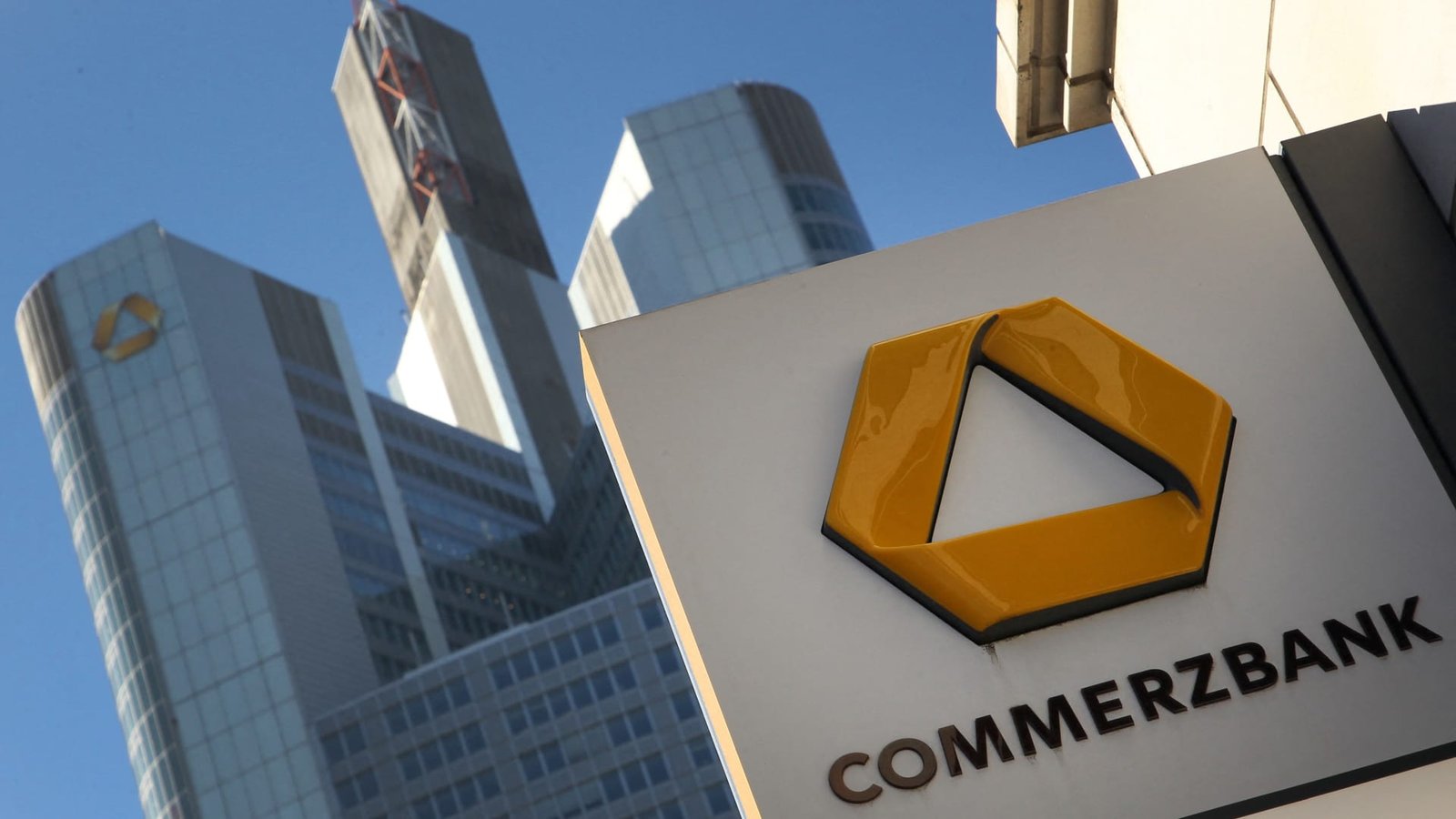Chris Ratcliffe | Bloomberg | Getty Images
British bank Barclays on Thursday posted a rise in full-year pre-tax profit that came in just ahead of analyst expectations, while also launching a £1 billion ($1.25 billion) share buyback.
Pretax profit rose by 24% to £8.108 billion in 2024, just above an analyst forecast of £8.081 billion, according to LSEG.
Net profit attributable to shareholders also picked up by 24% to £5.316 billion in 2024, but fell short of the £5.449 billion expected by analysts. Fourth-quarter attributable profit came in at £965 million, below the £994 million analyst outlook for the period.
The lender’s total income picked up to £6.96 billion in the three months to the end of December, versus £5.6 billion in the fourth quarter of 2023, with the core Barclays investment and retail units logging 28% and 46% year-on-year hikes to £2.61 and £2.62 billion, respectively.
Since last year, Barclays has been implementing a strategic overhaul to whittle down costs by £2 billion by 2026, lift shareholder returns and stabilize financial returns, sharpening its focus on the profitable consumer and lending operations — and leading to the absorption of the retail banking business of British grocer Tesco’s.
Yet Barclays‘ traditionally strong banking unit could now stand to benefit from more open market share in the domestic space, as HSBC last month announced it is preparing to exit its M&A and equity capital markets businesses in Europe, the U.K. and the U.S. amid a larger restructure of its investment banking operations.
The bank has also been recovering from a sweeping three-day tech outage that disrupted payments and transactions at the end of last month, which has since been resolved.
More broadly, lenders have been battling lethargy in the U.K. economy and a pullback in IPO activity in the London Stock Exchange. The Bank of England executed its first rate cut of the year last week and signaled further trims in 2025 amid a downgrade in the U.K.’s economic forecast — with monetary easing typically eating away at bank profits, as it tightens the spread between lenders’ return in loans and their payout on deposits. British and European banks are also struggling to keep pace with counterparts in the U.S., which could benefit from an additional competitive edge if newly inaugurated U.S. President Donald Trump takes a lighter approach to local regulation.
In parallel, U.K. Finance Minister Rachel Reeves is prodding Britain’s Financial Conduct Authority toward promoting competitiveness in tandem with consumer protection, with markets eyeing the government’s Financial Services Growth and Competitiveness Strategy due out in spring.
This breaking news story is being updated.



